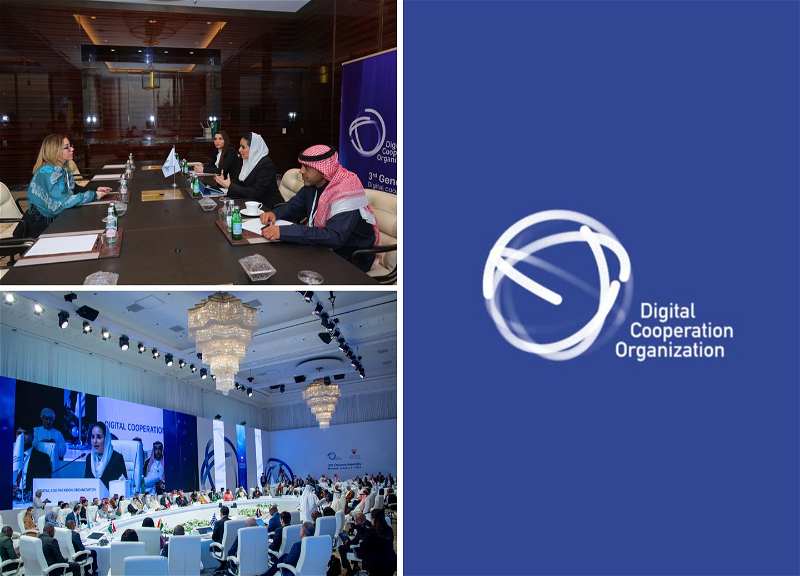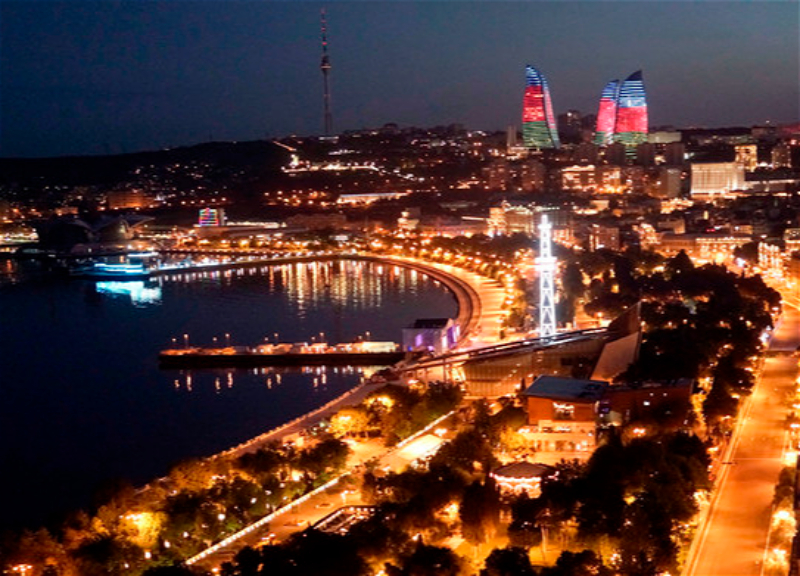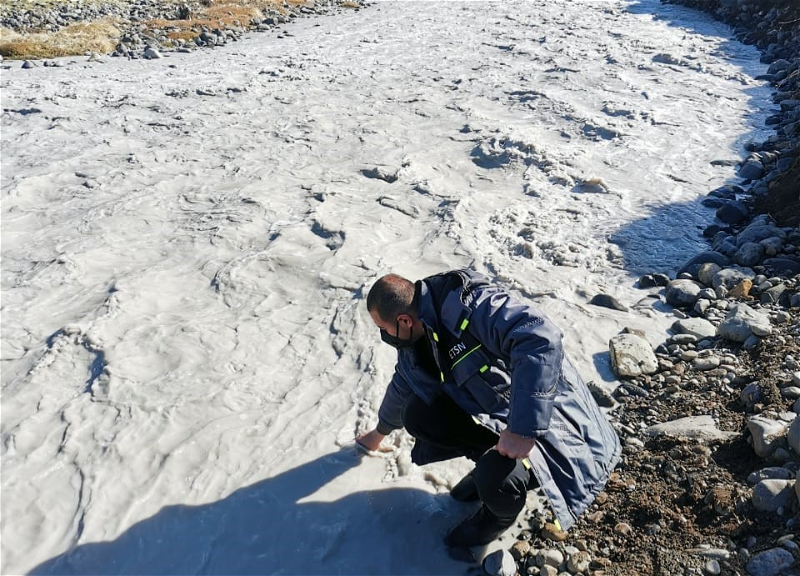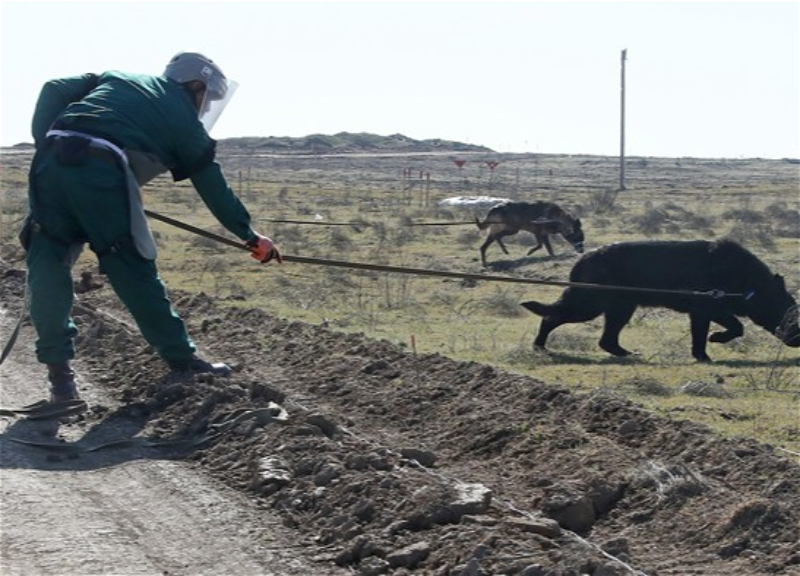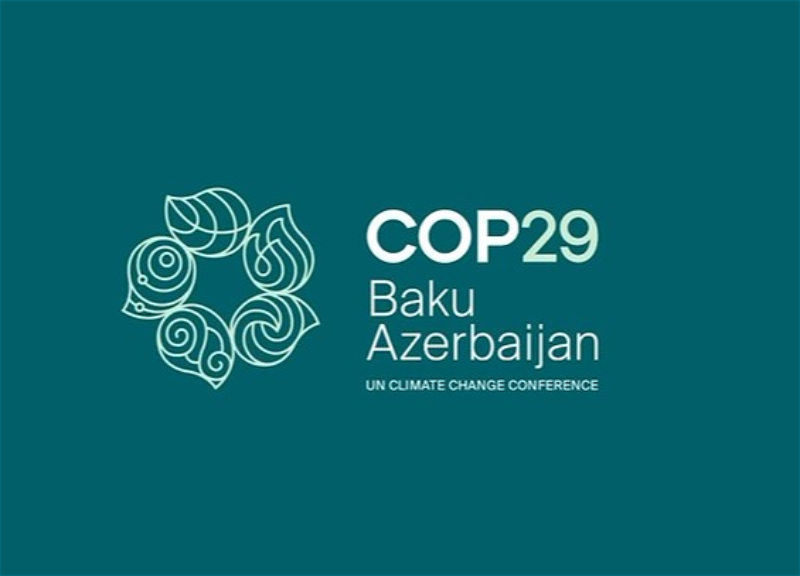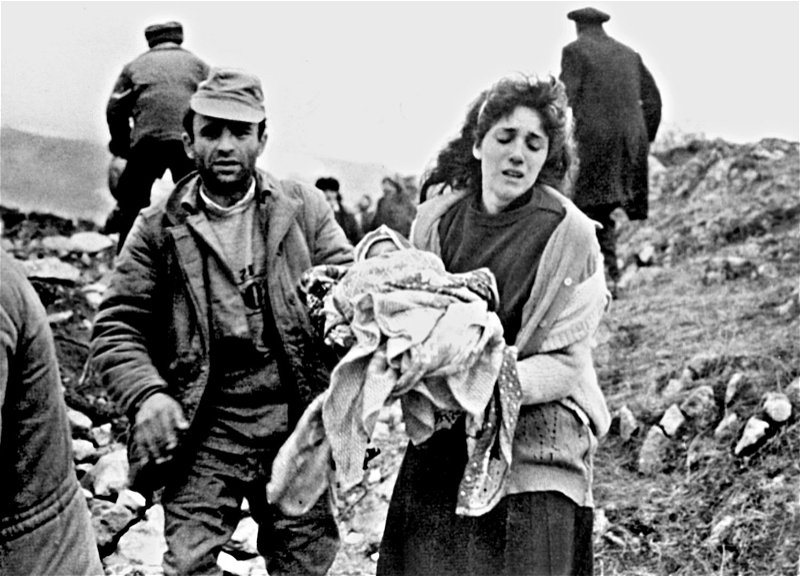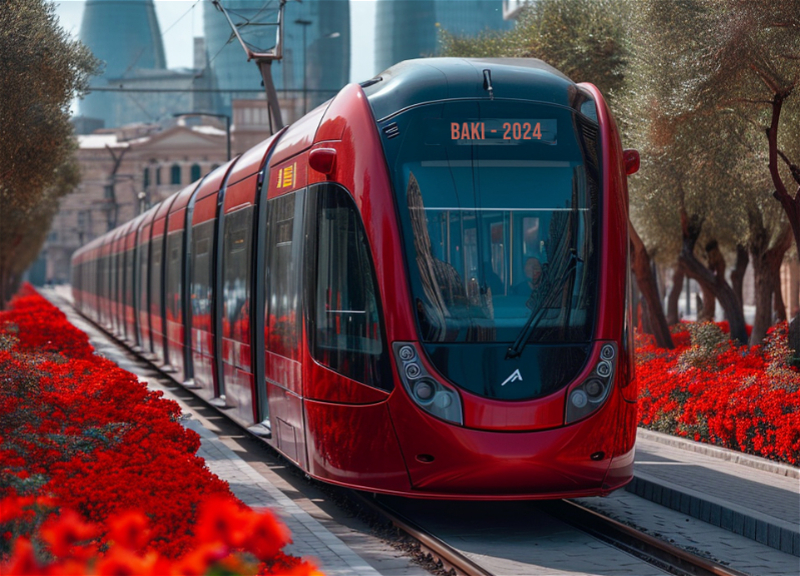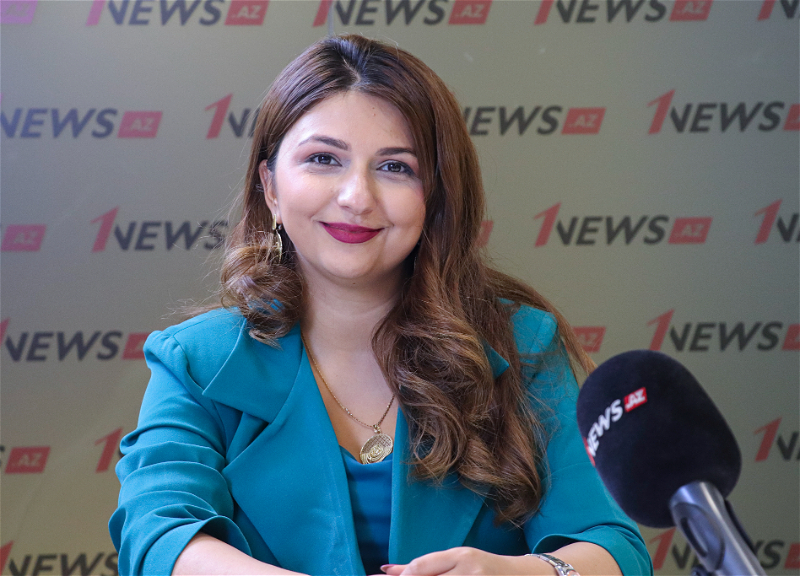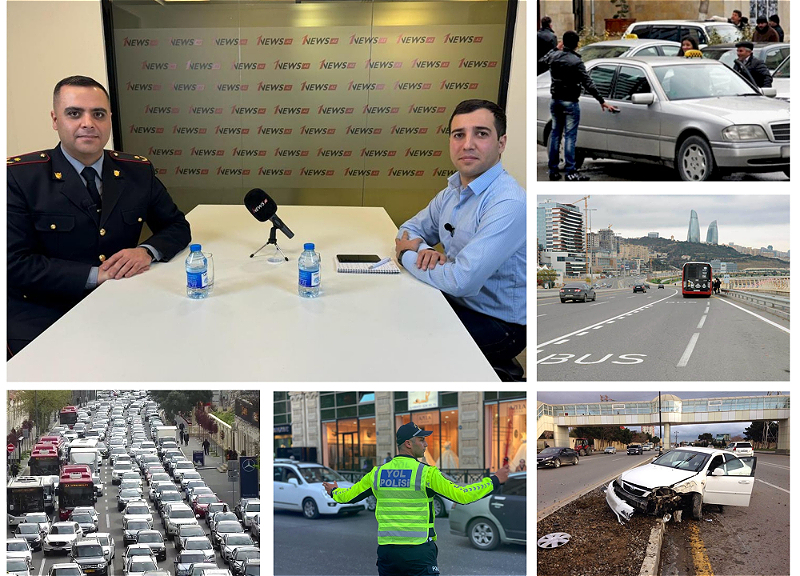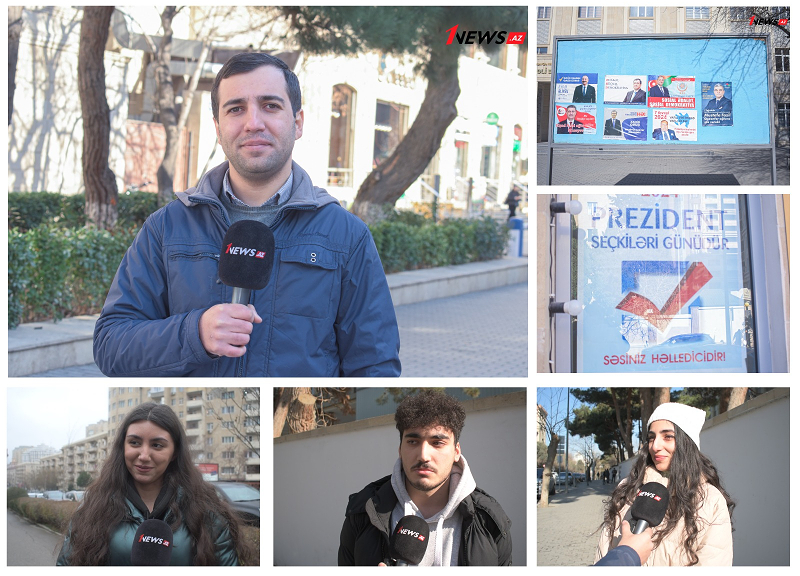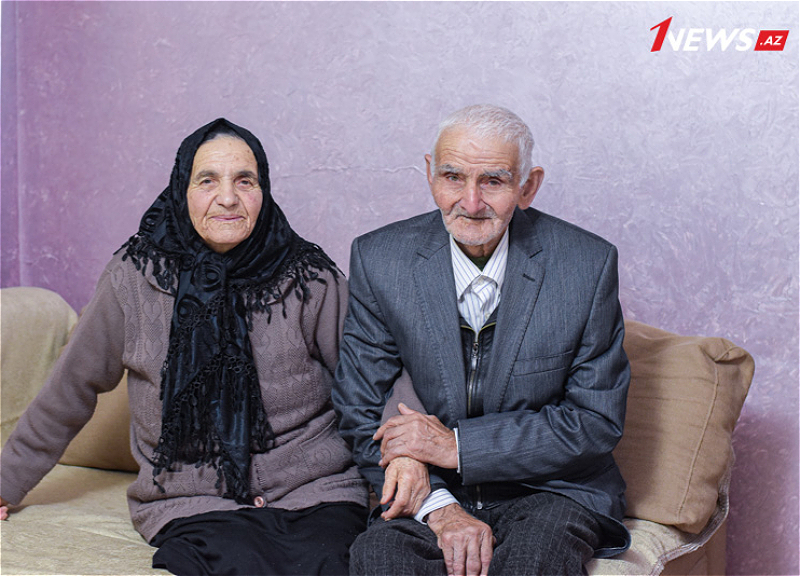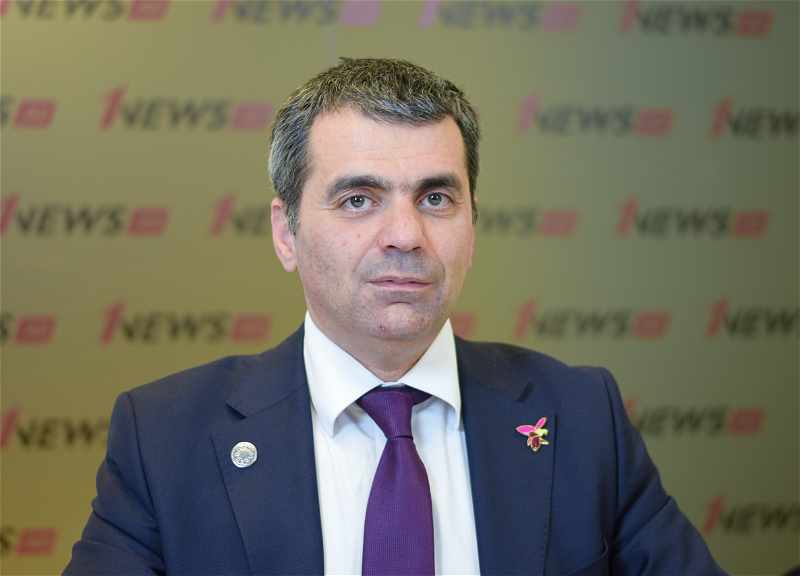Iran’s Path to Democracy: Reform or Revolution?
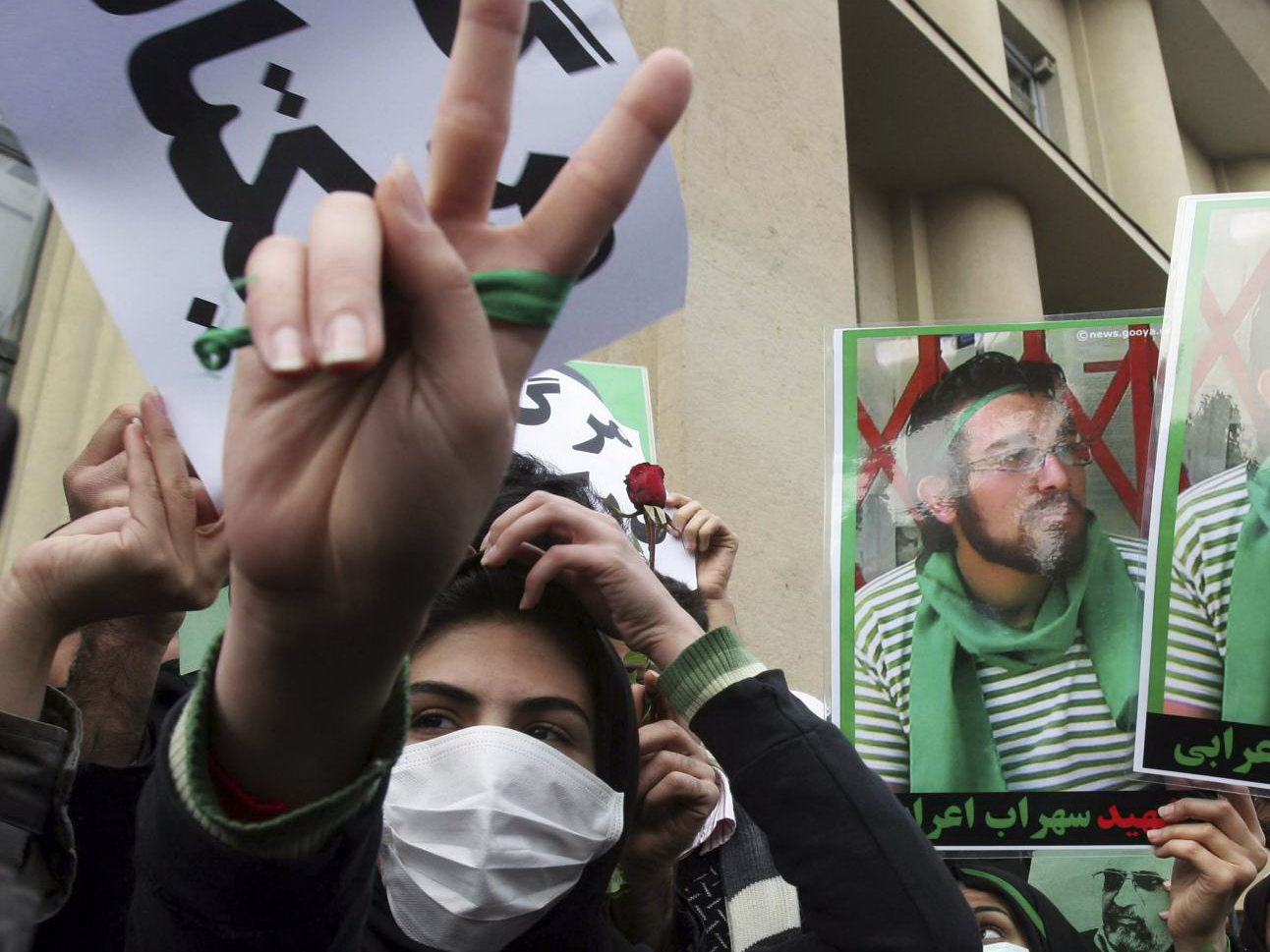
Iran has often seemed to be on the brink of democracy.
During the twentieth century, the country experienced three major political upheavals: the Constitutional Revolution of 1905–11, the oil nationalization movement of 1951–53 and the Islamic Revolution of 1978–79.
Each differed from the others in important ways, but all constituted a reaction to corruption, misrule, and autocracy. They all reflected the spread of literacy, the rising expectations of a growing middle class, and the impatience of a wealthy business community with official mismanagement. They were all characterized by an aspiration for some form of democratic government. Yet each time, that aspiration was disappointed.
The constitution of 1906 created a parliament to check the power of the shah and give the Iranian people ultimate control of their country. Yet two decades later, the shah once again ruled as an absolute monarch, parliament had become a rubber stamp, and the new constitution was largely ignored.
The 1951–53 movement was fueled principally by a demand for the nationalization of Iran’s oil industry, then controlled by the British government. Its leader, Prime Minister Mohammad Mosaddeq, was a populist, a reformer, and a champion of parliamentary, rather than royal, authority. Yet once again, what some thought was a prospect of democracy was cut short when, in 1953, Mosaddeq was overthrown in a coup engineered by the CIA and British intelligence. The shah retained his throne, and a royal crackdown on political activity followed.
In ‘Democracy in Iran’, Misagh Parsa examines why the forces of repression have always gained the upper hand over Iran’s democratic impulses and how democracy might eventually emerge in Iran. He touches briefly on the Constitutional Revolution and the oil nationalization movement. But his main focus is on what he regards as the failed democratic promise of the 1978–79 Islamic Revolution. He concludes that, given the character of the Islamic Republic, if democracy does come to Iran, it will do so through revolution, not gradual reform.
[…]
For comparison, Parsa examines two countries with their own histories of democratization: South Korea and Indonesia.
In South Korea, after a student uprising in 1960, the military established a dictatorship and imposed a constitution that privileged the army as a ruling elite. But it did not reject democracy in principle or attempt to eliminate the middle-class opposition. In time, moderate forces regrouped and pushed again for democratic reform. Moreover, the South Korean dictatorship allowed a vigorous private sector to dominate the economy, leaving open the path to industrialization and prosperity.
In Indonesia, by contrast, the dictatorship set up by General Suharto in 1967 rejected the very idea of democracy and closed the door to competitive politics. Buoyed by revenues from the country’s booming oil export industry, the state seized control of much of the economy. It gave the military a large role in politics and economic affairs.
In 1997, when Indonesia was swept up in the Asian financial crisis, the result of Suharto’s decades of repression and corruption was revolution. Early the next year, mass protests and riots began. Within five months, they had cost Suharto the support of the army and forced him to resign.
Judged by the criteria Parsa applies to determine whether autocratic states will democratize through reform or revolution, Iran, he concludes, fits the Indonesian model best.
The Islamic Republic is an “exclusive authoritarian state.” Power is concentrated in the hands of a narrow, clerical elite. Even the moderate reformist opposition has been largely shut out of influence. State ideology rejects democracy in principle. The state interferes extensively in the social and cultural spheres, forcing the population into passive resistance or outright opposition and exacerbating tensions between the government and society.
The state also monopolizes the economy. The results are a weak private sector, the absence of competition, a large role for the military in economics and politics, wide inequalities in wealth and income, and high levels of corruption and cronyism. A significant gulf has opened up between the Iranian people and their rulers.

A woman walks amongst the graves of people killed during the 1979 Islamic Revolution in Behesht Zahra cemetery, south of Tehran, February 2016.
“The ruling clergy,” Parsa writes, “have no interest in democratic transformation,” since “democratization would undermine their economic privilege and political power.” For Parsa, this adds up to “multiple irreconcilable conflicts—rooted in the core of the theocracy—that are too extensive to be reformed.”
He concludes that “a route to Iran’s democratization through reform is not available,” and “if these conditions and conflicts persist, Iranians may have but one option remaining to democratize their political system”: revolution.
Whatever Parsa believes are the prospects for a revolution, the last three decades have shown time and again that the Iranian people, by and large, prefer peaceful change to upheaval. They twice voted in large numbers for the reformist president Khatami, and in the last two presidential elections, they again chose a moderate reformist, Hassan Rouhani.
As Parsa himself points out, during the mass protests in 2009, industrial workers, merchants, shopkeepers, and the large majority of the clergy stayed away. That suggests that those key communities don’t have the stomach for another upheaval of the kind they experienced in the early years of the Islamic Republic, and that the wounds of past crackdowns are still raw.
The regime appears to have learned from its experience in 2009. It allowed the election of Rouhani in 2013 and avoided blatant interference in the balloting.
This caution on the part of the regime, and the disorder Iranians have witnessed in the countries of the Arab Spring, Egypt, Syria, and Yemen, and in Iran’s neighbors, Afghanistan and Iraq, have reinforced their preference for change through gradual reform, and for achieving it through the ballot box, not with the bullet. The revolutionaries are not yet at the gate.
HALEH ESFANDIARI is a Fellow at the Woodrow Wilson International Center for Scholars and the author of My Prison, My Home: One Woman’s Story of Captivity in Iran.
